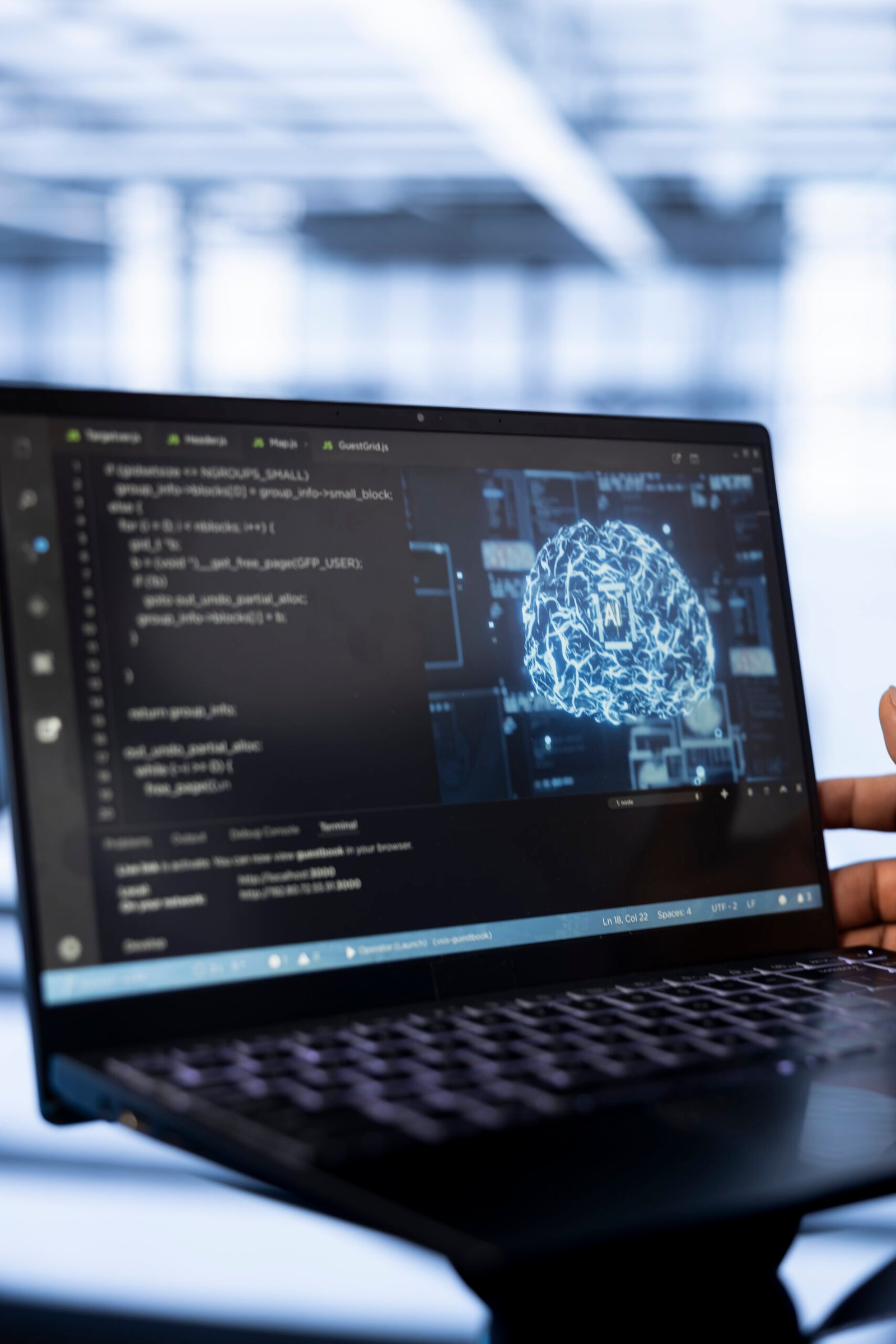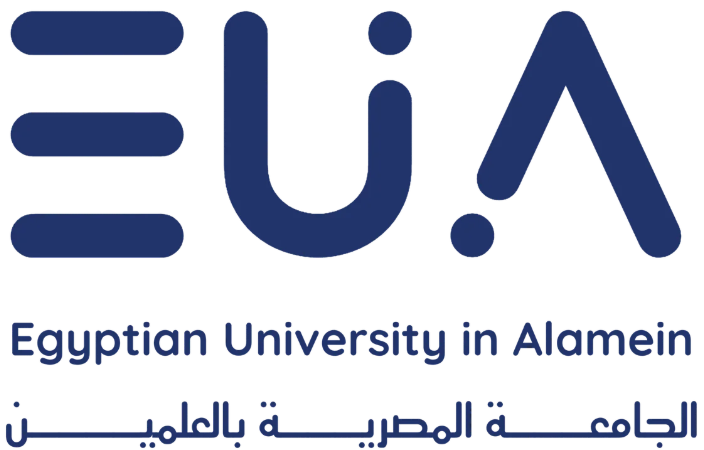Faculty of Computers and Artificial Intelligence
Be the Leader of the Digital Transformation
Cutting-edge curricula aligned with global trends
Digital learning environment with smart labs and cloud networks
Field training with leading tech and telecom companies
Applied graduation projects serving society and the job market
Vision & Mission
Vision
To graduate a new generation of technology leaders
Mission
To prepare graduates with scientific and practical skills in computing and artificial intelligence
Academic Program
Bachelor’s degrees in the following
Computer Science / Software Engineering / Cybersecurity / Artificial Intelligence and Data Science
Academic Years
Why Choose This Faculty?
International academic exchange opportunities with European universities
Practical training with global companies
Innovative learning environment focused on creativity
International Opportunities
Partnerships with Brunel University (UK)
Joint research projects



